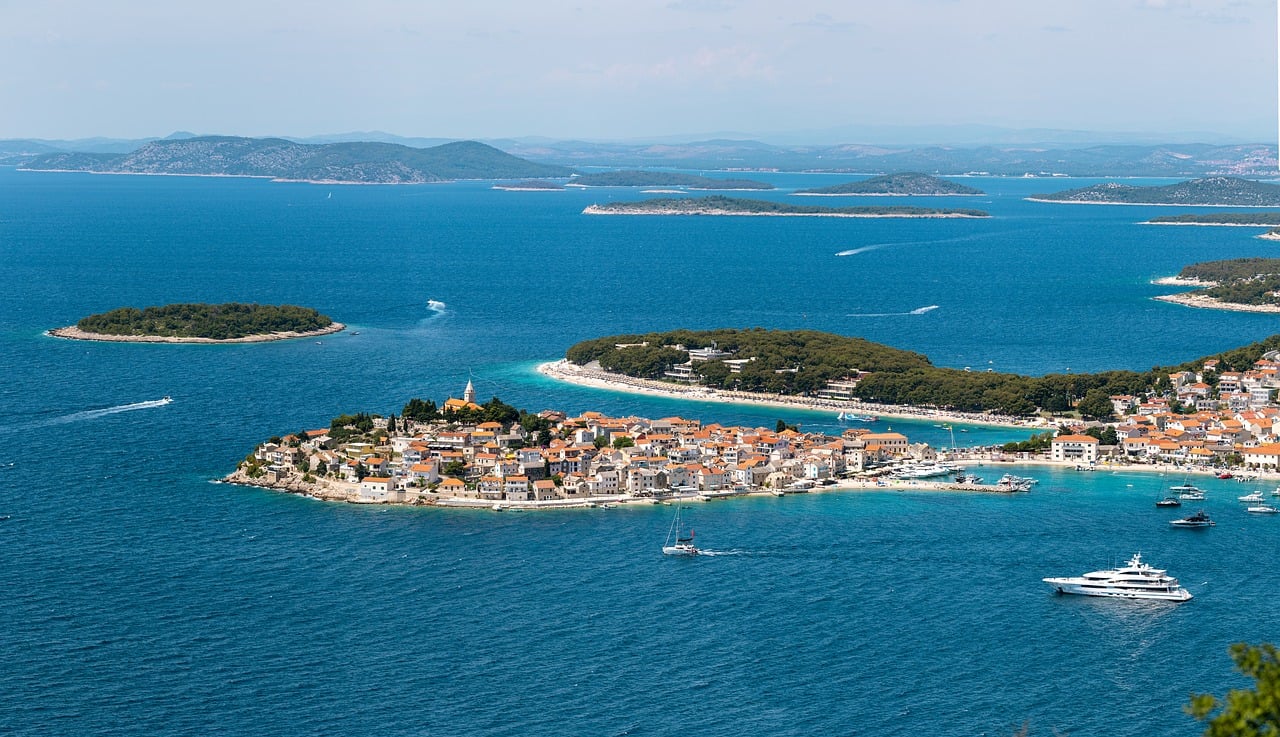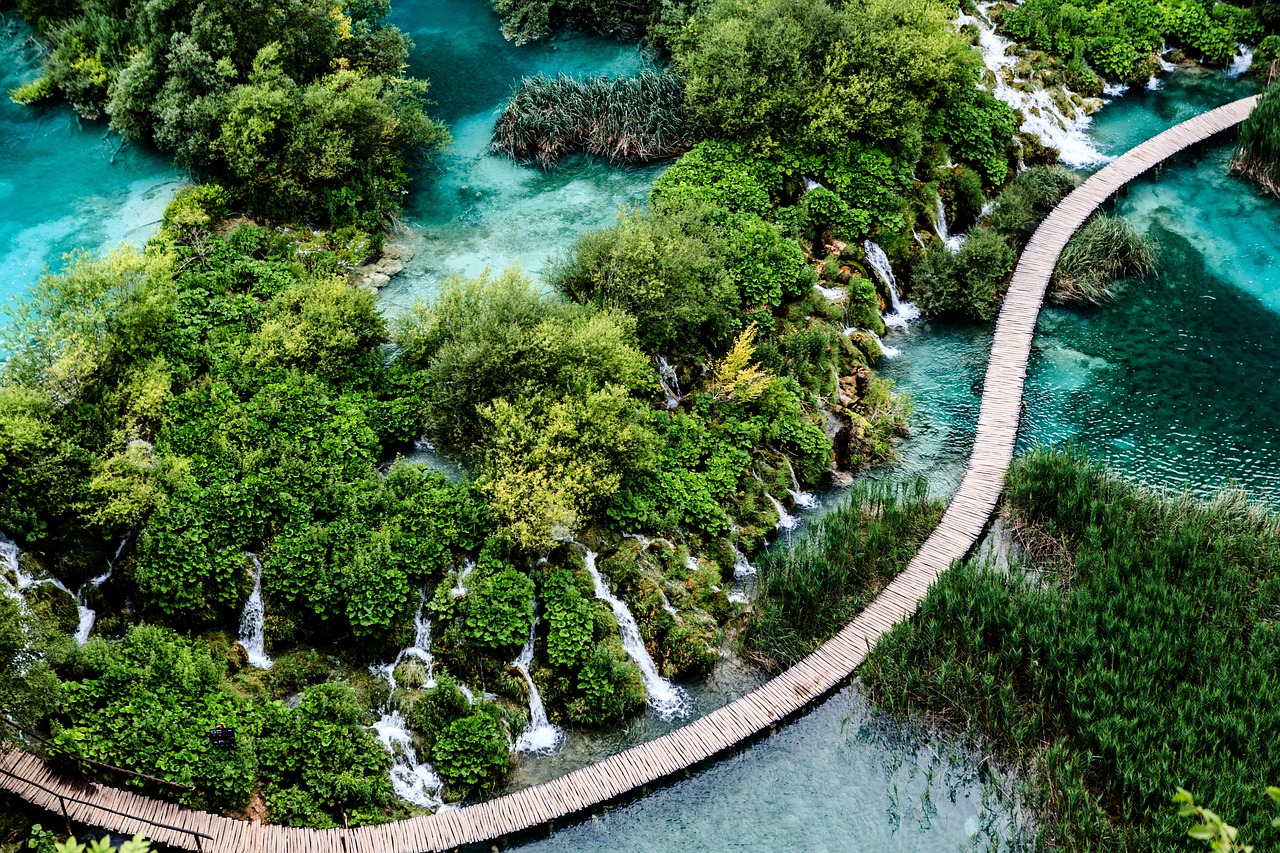Named one of Europe's top 10 rail journeys by The Guardian, the Adria InterCity connecting Budapest with Split on the Croatian coast is running again.Continue reading

The flow of Hungarian tourists to Croatia is not decreasing, with August adding to the already 15-16% increase in traffic in the high season. September could see an even bigger surplus in terms of time, with more moderate post-season prices acting as a magnet. Croatia is also working on extending the summer season and increasing visitor numbers in autumn, winter and spring, with apparent success, reports Világgazdaság.
From 1 to 17 August, 134,000 Hungarian tourists spent 780,000 nights in Croatia. It means a 18 percent increase in the number of guests and a 20 percent increase in nights spent, compared to the same period last year, Mira Horváth from the Croatian National Tourist Board, told Világgazdaság. From January to August 17, 540,000 Hungarians contributed 2.6 million guest nights to the expected record-breaking Croatian tourism of 2023, meaning a 17 percent increase in the number of guests and 15 percent increase in the number of guest nights.
A comprehensive public opinion survey is underway, aiming to map in more detail than ever before who is traveling to Croatia, and what their purpose and plans are.
It is already clear that the Croatian coast is very popular among Hungarian families with small children, with its 6,000 kilometers of coastline, and 1,200 islands, where everyone can find the right beach for them, whether it is pebbly or rocky, underlined Mira Horváth.
Looking at the list of destinations favored by Hungarians, it is clear that the geographically closest regions, Istria and Kvarner, are still the most popular. Most Hungarians visit the areas around Crikvenica, Rovinj, Vir, Porec, and Opatia, but each year more Hungarians are also venturing further south to the Split-Dalmatia county. People are slowly discovering that the further south they go, the more authentic their experience can be.
Moreover, the end of summer has not stopped the momentum, with a surge in accommodation bookings in September. The 35 percent increase in advance bookings compared to last year’s base is a surprise even for the Croatian National Tourist Board. The expert says that sooner or later, the drive to visit Croatia not only for its coastline but also for its continental attractions, during the off-peak summer season, will catch on.

Plitvice Lakes National Park is one of the oldest and largest national parks in Croatia. It is inscribed on the UNESCO World Heritage list, due to its outstanding and picturesque series of tufa lakes, caves, connected by waterfalls. Each year, more than 1 million visitors are recorded. Photo: Pixabay
In addition, quite a few Hungarian citizens have bought property in Croatia in recent years, most of them for holiday lets.
Regarding accommodation, fifty percent of Hungarian tourists stay in private accommodation, while the number of Hungarian overnight stays in hotels is steadily rising, reaching 25 percent. The share of camping stays is at 15 percent, Mira Horváth concluded.
As mentioned earlier, with the abolishing of border controls at the beginning of the year, traveling to Croatia by car has become much easier and shorter as motorists do not have to wait hours at the border like before. However, the situation is not so accommodating in every country in the region. If one is planning a holiday further south, to Montenegro for example, one will face quite serious border controls with hours of waiting. According to reports, tourists can expect to wait 1.5 hours, and the car’s papers are checked and luggage is subject to random checks.
Featured photo via Pixabay